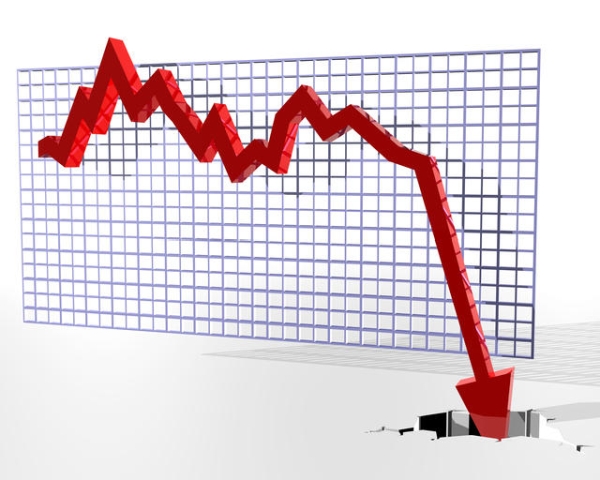How would New Zealanders respond if we faced a crisis of the magnitude confronting Greece today? Or that of Iceland or Ireland in 2009, or Argentina in the early 2000s? That question is at the heart of my new book, The FIRE Economy. New Zealand’s Reckoning, published today by Bridget Williams Books.
There is a terrible complacency in this country that ‘it couldn’t happen here’. After all, aren’t we a ‘rock star economy’? No one really believes that, unless they have vested interests in talking up the failing status quo. But it is the kind of fiction that sedates the majority of people and avoids confronting unpalatable realities.
The triggers of a crisis in Aotearoa New Zealand would be different from those in Greece, but our massive levels private – not public – debt in banks and households, and the massively inflated rural and Auckland property markets, mean we are prime candidates for a meltdown.
We have a chronically sick economy. The only way to make money is to borrow money to invest in the FIRE economy, where the creation of wealth is centred on finance, insurance and real estate. Real jobs, real production, ethical values, commitment to community – scarce at the best of times in a capitalist economy – are treated as relics of history. Shareholder capitalism means maximising short-term returns, while running down the business, exploiting workers, hollowing out the economy and the community.
Researchers from the IMF – yes, there are dissident voices inside the IMF, alongside the reactionaries – have a checklist of triggers for recent crises. Four have been common causes since the 1970s:
- A credit boom and rapid financial expansion;
- Rapidly rising asset prices, especially housing;
- Financial ‘innovations’ that rely on favourable economic conditions; and
- Financial liberalisation and innovation.
Four were new to the GFC:
- A sharp rise in household debt and defaults;
- High leverage backed by illiquid assets;
- The growth of complex derivatives in the shadow banking system; and
- The depth of international financial integration.
New Zealand ticks almost every box.
As things stand, we would be lambs to the slaughter on the altar of austerity. Why is our economy so vulnerable? How have we become one of the most indebted affluent countries in the world? Why have successive governments run down the productive economy and made us dependent on an economy of FIRE? Does it have to be like that? What are the barriers that lock us into that regime, and obstacles do they pose to a progressive post-neoliberal transformation?
Antonio Gramsci wrote from his prison cell, when observing the turmoil that enveloped Mussolini’s fascist regime, that when the old system is dying and the new is yet to be born, morbid symptoms of crisis appear. Change brews over years, even decades. The interregnum creates opportunities, but there will be resistance and forces that take hold can be regressive or progressive. We need to shape that future.
Waiting for Armageddon is hardly a progressive strategy. It makes much more sense for us to confront our challenges now and begin to shape a progressive alternative than to battle over models in the midst of a crisis. We will be caught up in whatever dynamics are unfolding offshore, but we can be part of a progressive movement that aims to achieve a post-neoliberal transformation.
In The FIRE Economy I argue that paradigm change cannot be conceived of piecemeal.The book sets out six pre-requisites to a progressive post-neoliberal er and the barriers we need to confront to achieve them: a new socially just economic model; momentum around an alternative ideological orthodoxy and ethical platform; rethinking and reconstructing an active and democratically accountable state; dismantling and reframing the policy and regulatory paradigm of neoliberalism; the political will to embark on radical change; and popular demand, backed by a sense of urgency, for transformation.
The launch for this book is here tonight.
